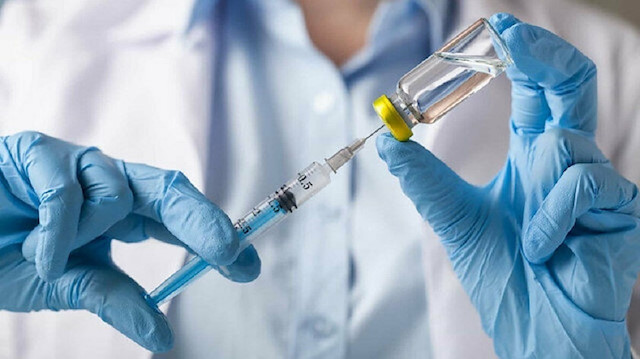

File photo
Germany's health minister expects a COVID-19 vaccine to be available early next year and believes a large proportion of Germans who want the shot could be vaccinated within six to seven months of enough doses being available.
Jens Spahn was quoted as saying in Der Spiegel on Friday that a vaccine could be available in January, or maybe in February or March, or even later, but said there would be no compulsory vaccination.
"Of course, it would be best if a vaccine could prevent new infections. But it would also be a benefit if it makes the course of the disease milder," said Spahn, who tested positive for coronavirus this week.
Daily Bild reported on Friday that Germany is making preparations to start vaccinations against the coronavirus before the end of the year.
The paper said the health ministry plans to create 60 special vaccination centres to ensure the vaccines can be stored at the proper temperature and has asked the country's 16 federal states to provide addresses for them by Nov. 10, Bild reported without citing its sources.
Spahn told Der Spiegel that Germany was securing "considerably more" doses of vaccines then it would potentially need, and said it could sell any surplus shots to other countries or donate them to poorer nations.
He has asked experts, including the ethics council and the National Academy of Sciences Leopoldina, to decide who should be tested first, but said nurses, doctors and health professionals would be at the top of the list.
Spahn said he wanted to set up a digital appointment system to organise the vaccinations, as well as an app to record possible side-effects.
While ideally there would be a single digital tool to do all this, experience has shown that things can go quickly wrong when being developed under time pressure, so the ministry is planning "several stand-alone solutions", he said.
#German health minister
#COVID-19
#vaccine

